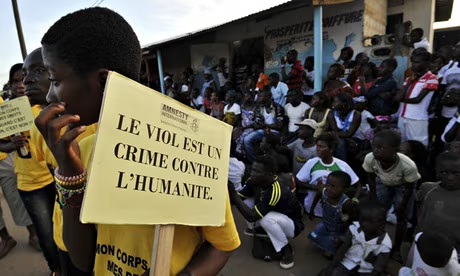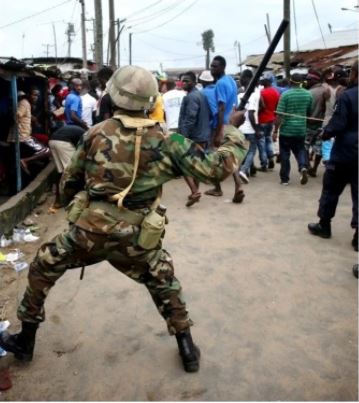General Explanation
The East African Court of Justice (EACJ) is one of the organs of the East African Community established under Article 9 of the Treaty for the Establishment of the East African Community. It is a supranational Court of Justice whose major responsibility is to ensure adherence to law in the interpretation and application of and compliance with the EAC Treaty.
The East African Court of Justice replaced the East African Court of Appeals that was closed after the dissolution of the East African Community in 1977. When the East African Community was revived in 1999, the Treaty for the Establishment of the East African Community established a different kind of regional court. The East African Court of Justice is different in composition and jurisdiction. It is an international court unlike the defunct East African Court of Appeal which handled only appeals from national courts.
Mandate
The Court’s major responsibility is to ensure adherence to law in the interpretation and application of and compliance with the Treaty.
Jurisdiction
The Court is made up of two divisions: a First Instance Division and an Appellate Division. Its Judges are a maximum of ten in the First Instance Division and of five in the Appellate Division; are appointed by the East African Community Summit, the highest organ of the community, from among persons recommended by the Partner States who are of proven integrity, impartiality and independence and fulfill the conditions required in their own countries for high judicial office, or are jurists of recognized competence.
How to access the EACJ
A Partner State of the East African Community may refer to the Court, if it considers that another Partner State, organ or institution of the Community has failed to fulfill an obligation or has infringed a provision of the Treaty. A State may also seek the Court to determine the legality of any Act, regulation, directive, decision or action on the grounds that it is unauthorized, unlawful or infringes the provisions of the Treaty.
The Secretary General of the East African Community may also bring a case to the Court against a Partner State if the latter fails to fulfil its obligation under the Treaty.
A legal or natural person residing in any of the Partner States may challenge the legality of any Act, regulation, directive, decision or action of a Partner State or an institution of the Community on the grounds that it infringes the provisions of the Treaty. In addition, individual cases may also come to the Court through referral by a national court faced with a question of Treaty interpretation or the determination of the legality of a Community law or action.
How IHRDA engages with the EACJ
Decisions and relevant instruments of the EACJ are accessible on IHRDA’s caselaw analyser free of charge.




